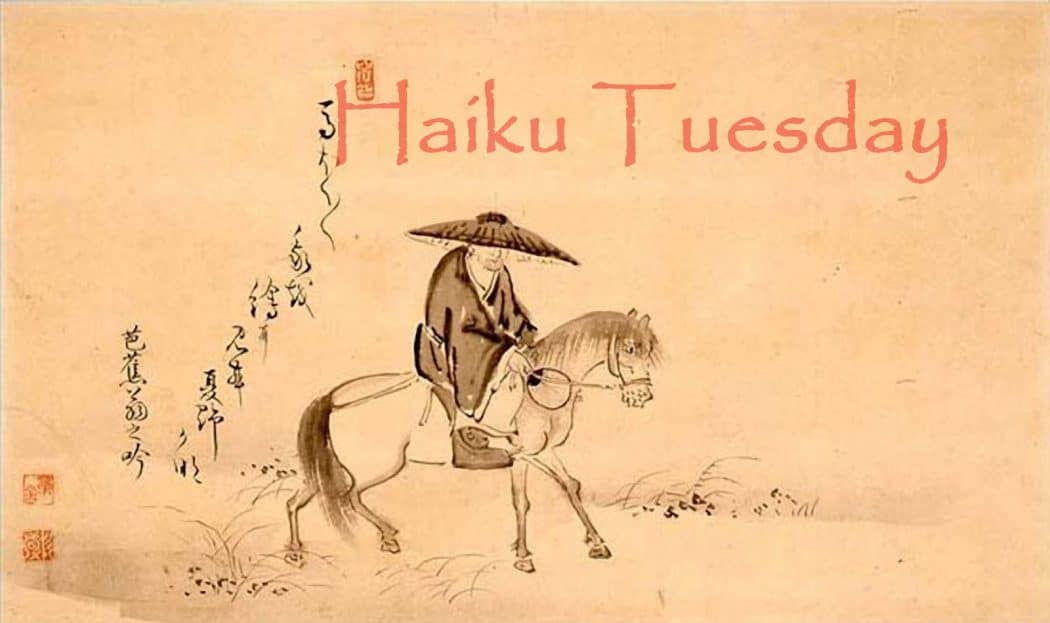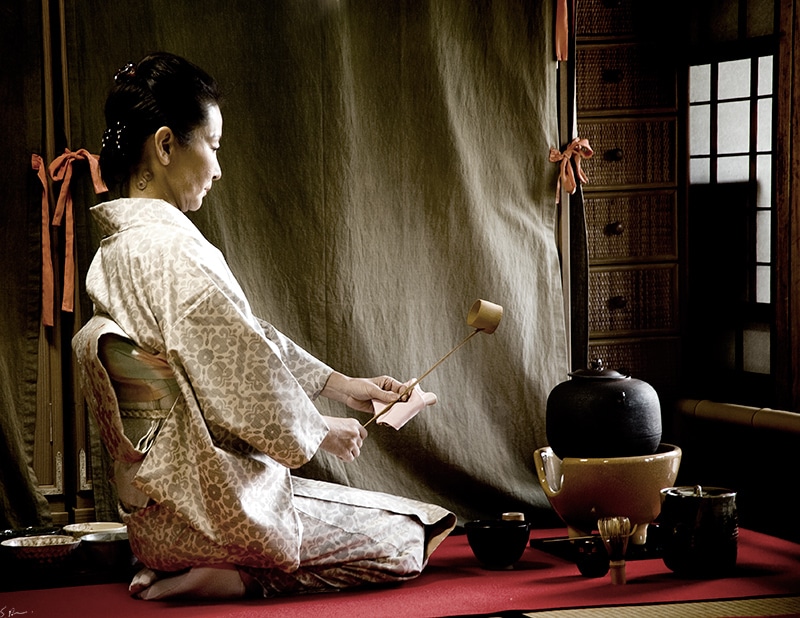Parking Lot Naikan
by Linda Anderson Krech
The other day I spent some time waiting in a supermarket parking lot for Gregg, who had offered to run in and pick up a few things for us. My job was just to sit and wait for him.
What fun, a little block of free time just to sit, observe, relax, think, read, breathe, plan, do Naikan, write, listen to music or do nothing in particular. I quickly settled on just relaxing and breathing, with my eyes closed. It was lovely for a few moments.
But, as it turns out, our car was parked directly next to the shopping cart stall, so there was a lot of activity right next to my door, as customers returned their carts and employees brought them back to the store. That cycle of activity soon dominated my attention. For one thing, the ongoing clashing of metal on metal was hard to tune out, but I also became interested in the different styles that were used by shoppers, as they returned their carts.
One woman actually stood at the trunk of her car, across the aisle from the corral, and shoved the cart with such force that it sped across the driving lane before colliding violently with the other carts in the corral. She looked very satisfied with her efficiency. On the other end of the spectrum was a woman (the only person I noticed smiling), who treated her cart in such a gentle and appreciative way, as she positioned it securely with the others.
Watching all of this suddenly brought to mind the first time I did daily Naikan. In that reflection I had remembered that I hadn’t taken the time to put my shopping cart away because I had been in a rush. I just left it in the space next to me, next to the curb. That’s not such an unforgivable thing to do, but on the other hand it bothered me. I don’t want to be too busy to put my cart away. I have thought of that reflection so many times since then, not just in parking lots but in other situations when I’m tempted to be
careless or selfish.
Looking back and reflecting on our choices, in the privacy of our own minds, can help us to realign with who we want to be. A simple reflection on the past day might prompt us to change our behavior in the future. But if we keep moving forward, without glancing behind us, we lose much of the opportunity to learn from our lives.
One of the reasons that Naikan is so helpful is that it doesn’t stimulate defensiveness. YOU are asking the questions and YOU are coming up with the answers. That is part of its beauty and its power.
I recommend a daily Naikan practice if you feel kind of grumpy or dissatisfied with life, if your relationships are difficult or your life is in transition, if you’re too busy or not busy enough, if you’re floundering or if you’re thriving. It’s not magic, but it will reveal truths that might be helpful or enlightening. It won’t cure you of everything you struggle with, but it may shine a certain light that changes how you understand your life and how you participate in the world.
You can learn more about the practice of Naikan HERE.
Tags: Action Mental Wellness naikan Taking Action













